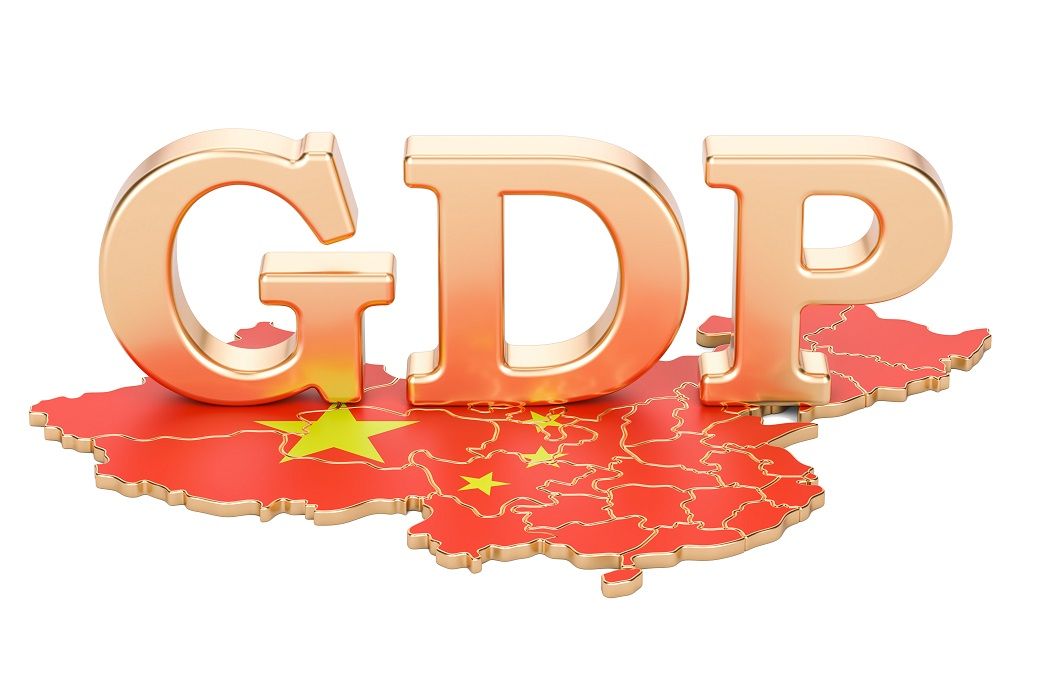
However, if global trade tensions subside, the economic outlook would significantly improve, the IMF said after one of its teams recently concluded the 2025 Article IV consultation with Vietnamese authorities.
“The outlook is heavily dependent on the outcome of trade negotiations and is constrained by elevated global uncertainty on trade policies and economic growth,” the IMF team leader Paulo Medas noted.
“Downside risks are high. A further escalation in global trade tensions or a tightening of global financial conditions could weaken further exports and investment. Domestically, financial stress could re-emerge from tighter financial conditions and high corporate indebtedness,” he said.
“On the upside, achieving non-discriminatory trade agreements and successfully implementing planned infrastructure and structural reforms could significantly boost medium-term growth,” he said.
“Given the uncertain outlook, policy priorities should focus on preserving macro-financial stability while navigating economic adjustments. Fiscal policy, supported by low level of public debt, should take the lead in cushioning the near-term impact, especially under downside scenarios. Accelerated implementation of public investment and strengthening social safety nets would be important,” medas observed.
“Monetary policy has much more limited room and should be decisively focused on anchoring inflation expectations. Allowing the exchange rate flexibility will be critical as the economy adjusts to the external shock. Some monetary easing could be considered if global interest rates decline as expected and inflation falls,” he noted.
“Further efforts are needed to strengthen financial sector soundness. To bolster banking system resilience, priorities include strengthening bank supervision, build liquidity and capital buffers, and further improving the bank resolution framework,” he added.
ALCHEMPro News Desk (DS)
Receive daily prices and market insights straight to your inbox. Subscribe to AlchemPro Weekly!